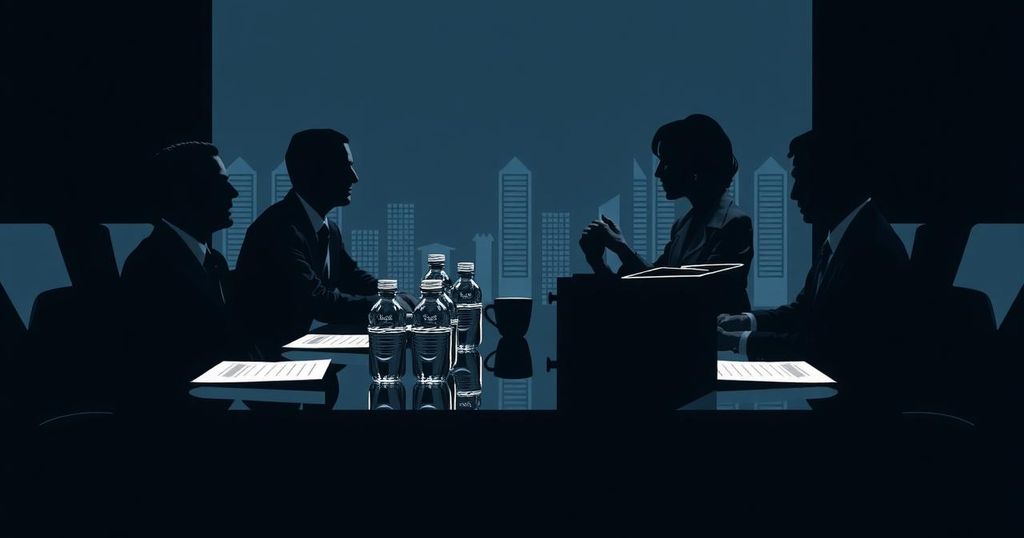Indonesia’s Minister of Trade has called for the immediate finalization of the IEU-CEPA negotiations, which have been ongoing for nine years. Despite Indonesia making concessions, EU demands have stalled progress. The upcoming transition to a new government adds urgency to concluding the agreement. Key unresolved issues include deforestation regulations, with suggestions to temporarily set them aside to enable agreement on the CEP.
On September 26, 2024, Indonesia’s Minister of Trade, Zulkifli Hasan, emphasized the necessity of concluding the Indonesia-European Union Comprehensive Economic Partnership Agreement (IEU-CEPA) negotiations, which have persisted for over nine years. In his address, he remarked, “It’s not an ultimatum, we’re just saying that it will be harder during the new government.” This statement reflects the urgency as the nation prepares for a transition in governance under President-elect Prabowo Subianto, who has proposed ambitious plans for the integration of crude palm oil into biofuels, asserting that palm oil should constitute 50 percent of biodiesel production, thereby reducing dependence on imports. Minister Hasan also disclosed that Indonesia has made several concessions to accommodate EU requests during the negotiation rounds. However, he noted that the European Union has continued to introduce additional demands, which have hindered the progress of negotiations. Hasan stated, “We want the IEU-CEPA to conclude as soon as possible, but it depends on (the EU side).” The Director General of International Trade Negotiation, Djatmiko Bris Witjaksono, further elaborated on the ongoing difficulties, indicating that a lack of consensus at the policy level has obstructed progress. He proposed that Indonesia and the EU could consider shelving certain unresolved issues regarding deforestation regulations and policy relaxations in order to expedite the IEU-CEPA agreement, which he underscored could be amended later if necessary.
The IEU-CEPA aims to enhance trade and investment between Indonesia and the European Union by providing a platform for deeper economic integration. The prolonged negotiations reflect the complexities of aligning policies and addressing the multifaceted interests of both parties, particularly concerning sustainability and regulatory frameworks in sectors like agriculture and biofuels. The negotiations have been marked by Indonesia’s efforts to accommodate EU conditions while grappling with the implications of these demands on its policies and economic strategies.
In conclusion, the Indonesian government is prioritizing the swift conclusion of the IEU-CEPA negotiations, acknowledging the challenges posed by the EU’s evolving demands. As the transition to a new government approaches, there is an urgency to finalize the agreement, while still finding workable solutions to contentious policy issues. The proposed strategy of shelving certain discussions could present a viable path forward, ensuring that both parties can benefit from the economic partnership while addressing critical environmental concerns.
Original Source: en.tempo.co







